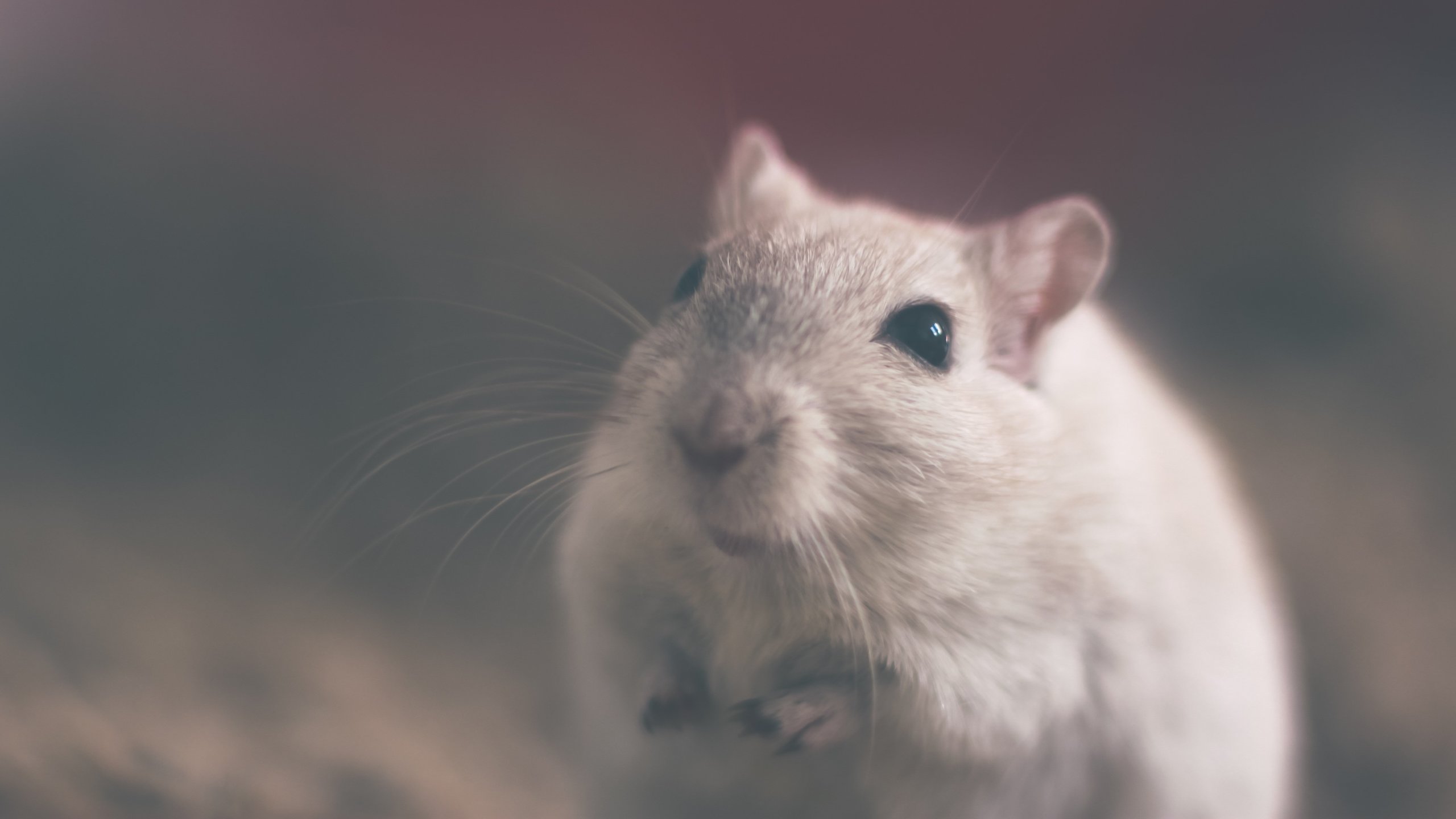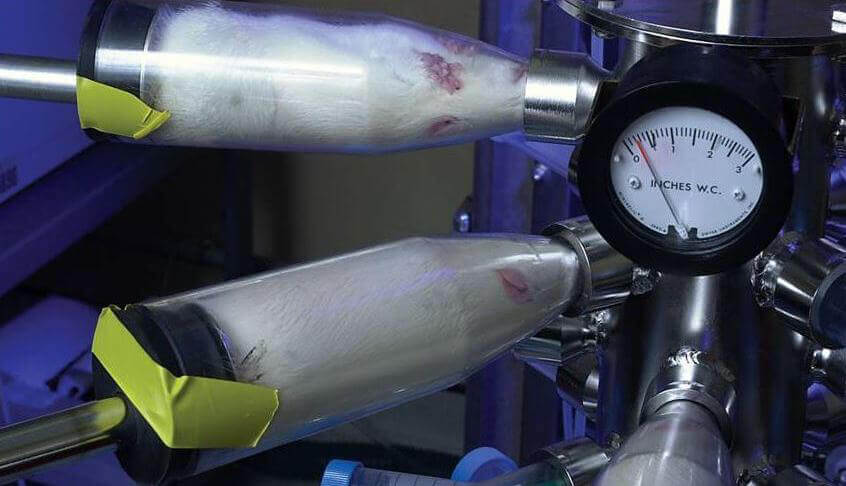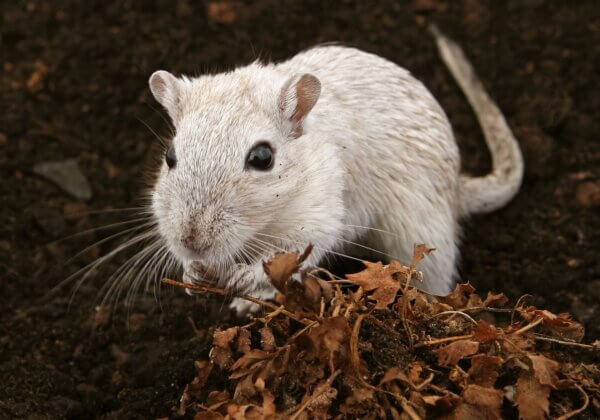Breakthrough! PETA Science Group Funds 3-D Lung Model, Saves Animals
In an impressive scientific breakthrough, funding from the PETA International Science Consortium Ltd. has helped lead to the creation of a first-of-its-kind human cell–based 3-dimensional lung model that will be used to study the effects of chemicals and other substances on the deepest part of human lungs. As many animals are commonly used and killed in inhalation tests, this exciting development has the potential to save tens of thousands of lives. And because humans’ physiology is very different from that of rats and mice, this new human-based model will better predict what happens when we breathe in chemicals.
The Science Consortium provided MatTek Life Sciences with funding that went towards the development of EpiAlveolar™ – a 3-dimensional model composed of human cells from the lower respiratory tract. The cells can be exposed to the test material in the air on one side and can receive nourishment from a nutrient-rich liquid on the other – similar to the workings of a human lung.
EpiAlveolar™ can be used to study the health effects of different kinds of instead of conducting tests in which animals are confined to small tubes and forced to inhale substances for hours or days before being killed.
A paper describing the EpiAlveolar™ model and its application to test nanomaterials was recently published in the esteemed scientific journal ACS Nano.
As a part of its larger initiative to replace inhalation toxicity testing on animals, the Science Consortium has also awarded international researchers inhalation exposure devices designed to be used with such cell-based models.
The development of EpiAlveolar™ is the latest scientific breakthrough to come about from funds contributed by the Science Consortium. For example, research funded by the group resulted in the creation of fully human-derived antibodies capable of blocking the toxin that causes diphtheria. These antibodies will replace the antiquated method of injecting horses with diphtheria and draining huge amounts of their blood.
Learn more about the plight of horses, mules, and donkeys abused so their blood can be used for antitoxins and antivenins, and take action to help them:
Join the humane science revolution! If you’re not yet a proud, card-carrying member of PETA India, join today to support our vital work for animals.










